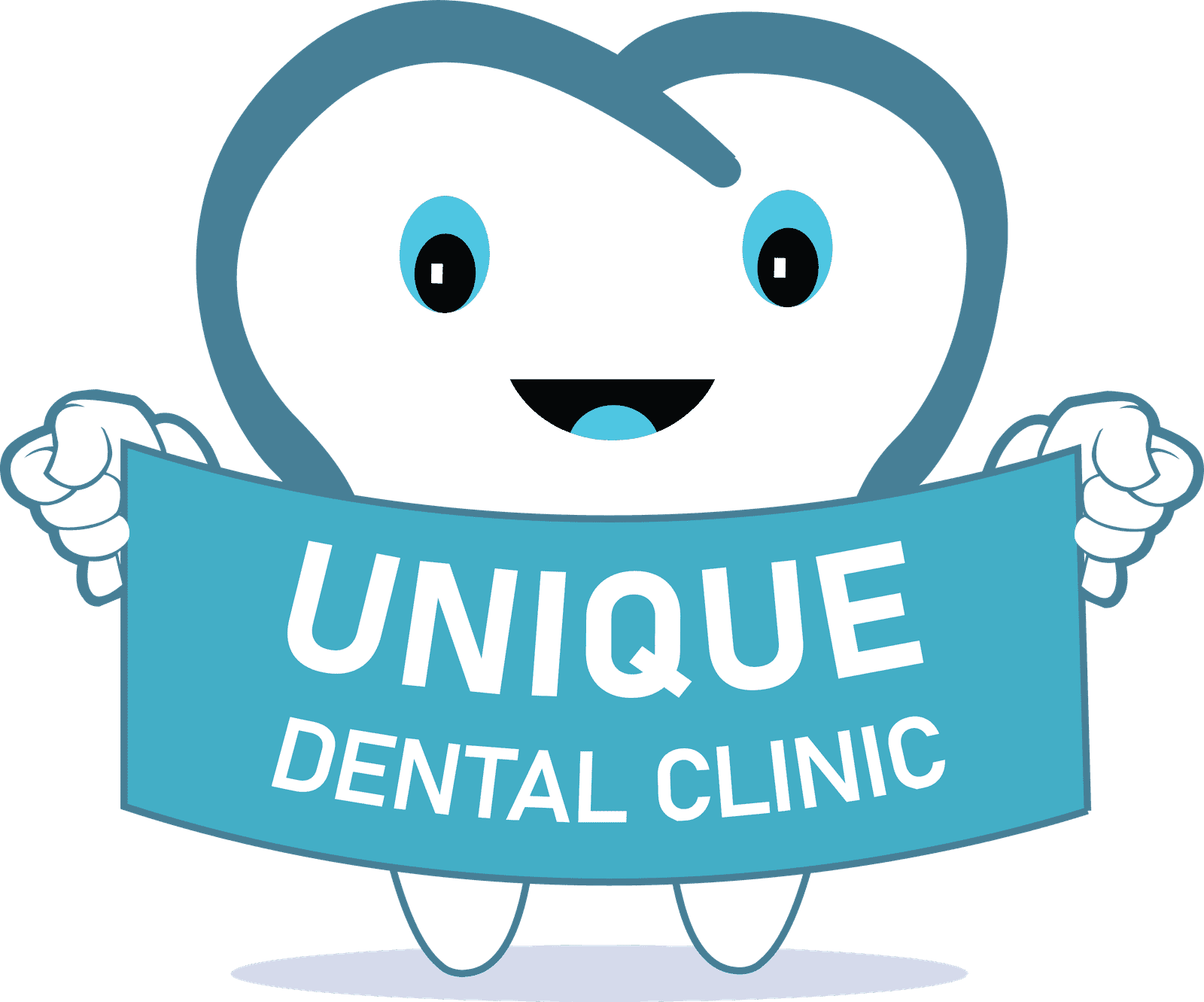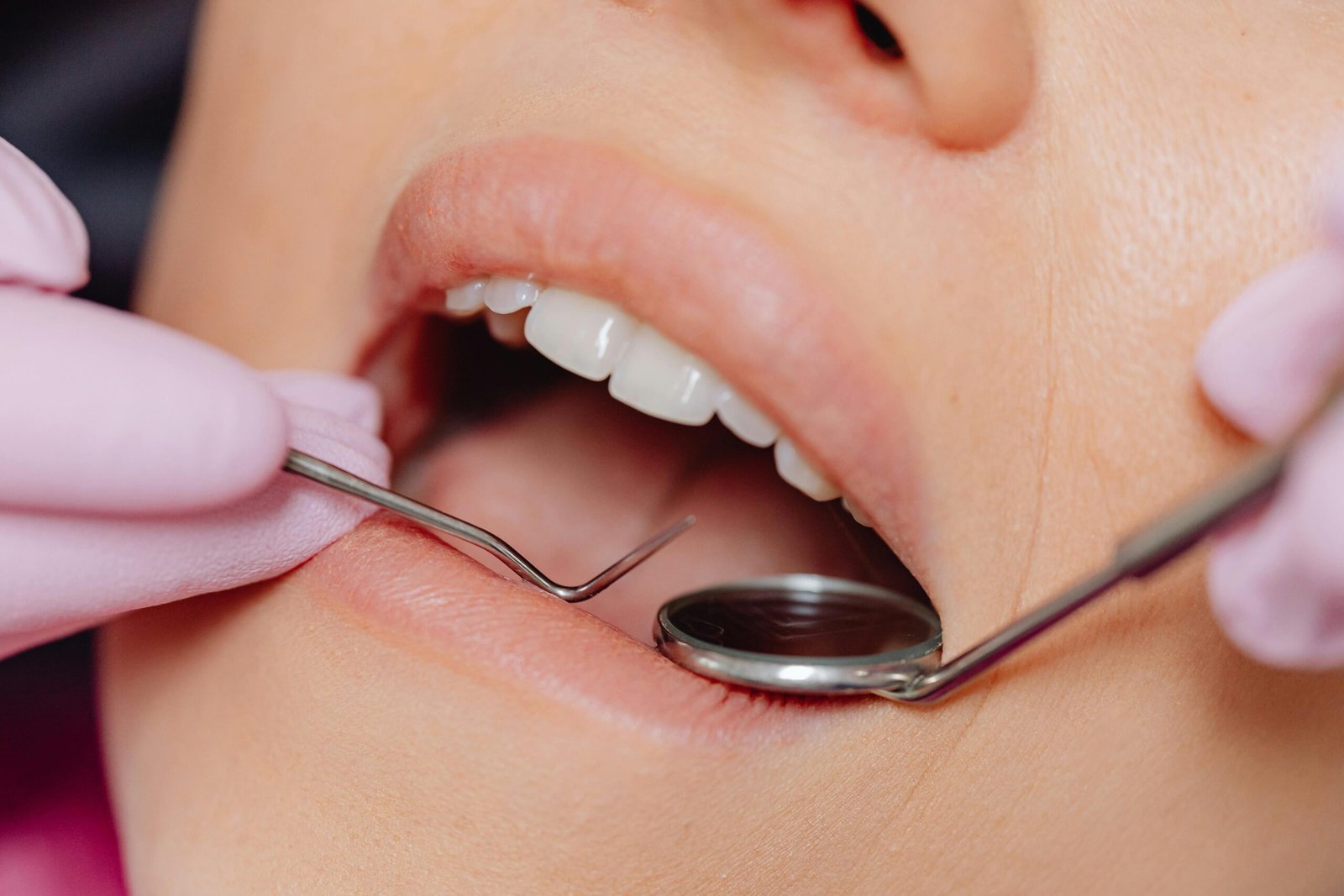Did you know that your oral health is closely connected to your overall health? Your mouth isn’t just for eating and speaking—it’s the gateway to your digestive and respiratory systems. While most mouth germs are harmless, poor oral hygiene can let harmful bacteria enter the body, leading to infections and health problems beyond the mouth.
Good oral care—like brushing and flossing daily—helps keep germs in check. Saliva also plays a key role by washing away food particles and balancing acids in the mouth. However, certain medications (such as decongestants, painkillers, and antidepressants) can reduce saliva flow, increasing the risk of infection.
Oral issues like gum disease (especially periodontitis) have been linked to serious health conditions, including:
- Heart Infections (Endocarditis): Germs from the mouth can enter the bloodstream and infect the heart.
- Cardiovascular Disease: Inflammation caused by oral bacteria may contribute to heart disease and stroke.
- Pregnancy Complications: Gum disease is associated with premature birth and low birth weight.
- Respiratory Infections: Oral bacteria can travel to the lungs and cause pneumonia.
Certain medical conditions can also worsen oral health:
- Diabetes makes it harder to fight infections, increasing gum disease risk.
- HIV/AIDS can cause painful mouth sores.
- Cancer (including oral, GI, breast, and prostate cancers) has shown links to gum disease.
- Alzheimer’s disease often leads to declining oral care with disease progression.
- Other concerns include rheumatoid arthritis, eating disorders, and Sjogren’s syndrome (which causes dry mouth).
Keeping your dentist informed about your medications and health conditions—like diabetes or recent illnesses—can make a big difference. Regular dental checkups not only protect your smile but also support your overall health.
🦷 Your mouth reflects your body. Keep it healthy, and the rest will follow!

